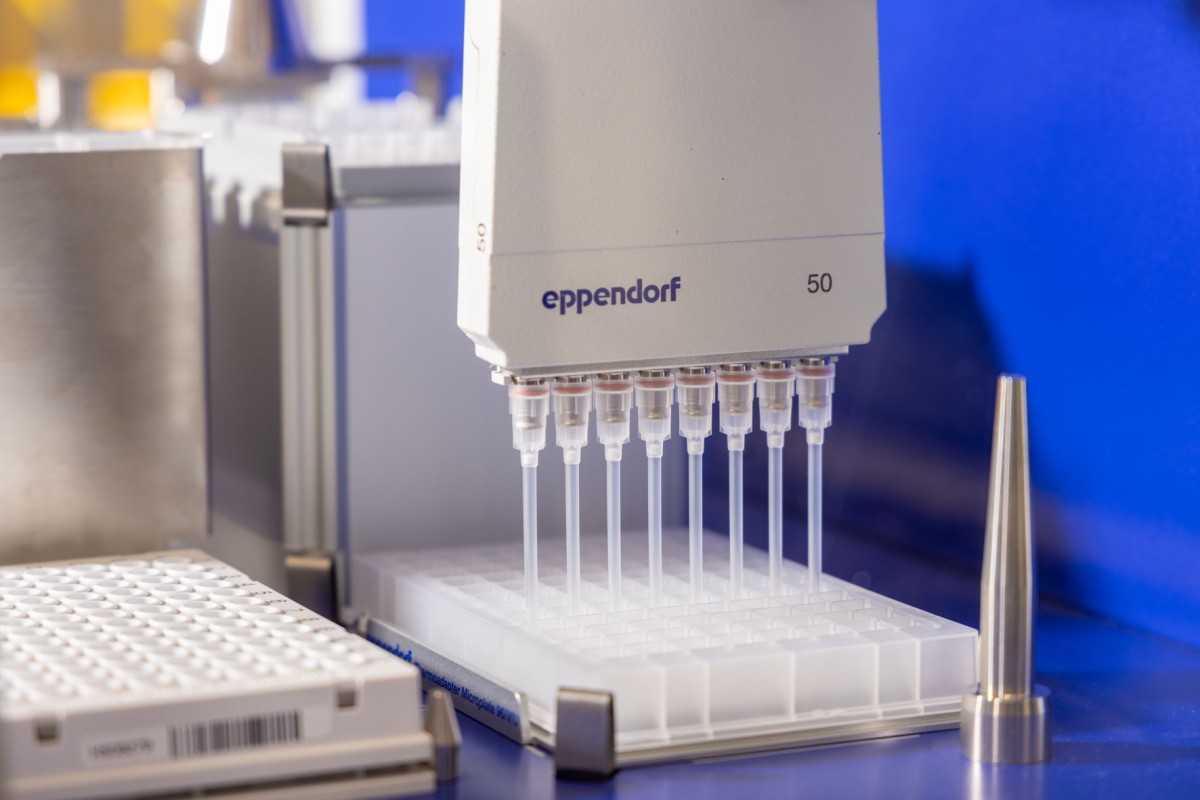
-
Variety Testing
-
Plant Breeders’ Rights and/or listing DUS-VCU
- Breeder's co-trials vegetable crops
- External Crop Experts Ornamental Crops
- Conditions of submitting identity material for DUS testing
- Calibration books Variety Testing
- National protocols Variety Testing
- Procedure of landraces, hobby market and conservation varieties
- American Plant Breeders' Rights - technical testing
- Two tests in one year
- Identity (Variety Tracer)
- Varietal trueness and varietal purity
- Resistance
-
Data of varieties
- Use of a third country synonym for a vegetable variety
- Vegetable-, agricultural- or ornamental crop?
- Authorisation: marketing material of not yet listed vegetable varieties
- Internal Naktuinbouw list for vegetable varieties
- List of names of Woody Plants and List of names of Perennials
- OrganicXseeds: database
- Variety descriptions
-
Plant Breeders’ Rights and/or listing DUS-VCU
- Inspections
- Testing & Analyses
- Knowledge & Education
- About us
-
Variety Testing
-
Plant Breeders’ Rights and/or listing DUS-VCU
- Breeder's co-trials vegetable crops
- External Crop Experts Ornamental Crops
- Conditions of submitting identity material for DUS testing
- Calibration books Variety Testing
- National protocols Variety Testing
- Procedure of landraces, hobby market and conservation varieties
- American Plant Breeders' Rights - technical testing
- Two tests in one year
- Identity (Variety Tracer)
- Varietal trueness and varietal purity
- Resistance
-
Data of varieties
- Use of a third country synonym for a vegetable variety
- Vegetable-, agricultural- or ornamental crop?
- Authorisation: marketing material of not yet listed vegetable varieties
- Internal Naktuinbouw list for vegetable varieties
- List of names of Woody Plants and List of names of Perennials
- OrganicXseeds: database
- Variety descriptions
-
Plant Breeders’ Rights and/or listing DUS-VCU
- Inspections
- Testing & Analyses
- Knowledge & Education
- About us
BBWV, PNRSV and SLRSV tested by PCR from 2025 onwards
Publicationdate: 17 december 2024
From 1 January 2025, we will change our virus testing methods for Broad bean wilt virus 1 and 2 (BBWV1/2), Prunus necrotic ringspot virus (PNRSV) and Strawberry latent ringspot virus (SLRSV). We will conduct these tests from now on using the PCR method. With PCR, we are well able to cover the wide variation in isolates.

The real-time PCR is a technique to rapidly propagate DNA
This is done using pathogen-specific building blocks. The increase in DNA can be digitally monitored at any time. This makes it possible to confirm faster and with more certainty whether the pathogen is actually present in (suspected) plant material.
Viruses
SLRSV
This virus causes problems in the northern hemisphere in e.g. outdoor crops. In several countries, it is considered a quarantine organism. The virus is transmitted by nematodes and can be seed-borne in some crops. If crops are vegetatively propagated, the virus remains present.
BBWV1/2
The viruses BBWV1 and 2, occur worldwide in a wide range of crops. These viruses are spread by multiple species of aphids.
PNRSV
PNRSV can cause chlorotic spotting/circulation and hail shot in Prunus species, among others, but also cause symptoms in rose (Rosa spp., one of the causal agents of rose mosaic) and hops (Humulus lupulus). PNRSV is found worldwide because of its easy transmission through plant propagation methods and infected seed.
BBWV, PNRSV and SLRSV on plant material
- Sample: maximum 2, 10 or 25 leaf(pieces)
- Fee test: € 9,20, € 17,70 and € 48,90 respectively
- Duration of test: 4 days
For basic amounts see price list Laboratories.
Naktuinbouw Laboratories support sector
To support the sector, Naktuinbouw Laboratories continues to develop new tests. Those tests can support diagnoses on plants with symptoms or just checking for and guaranteeing the absence of certain plant pathogens.
Naktuinbouw only uses functional and analytical cookies. More information